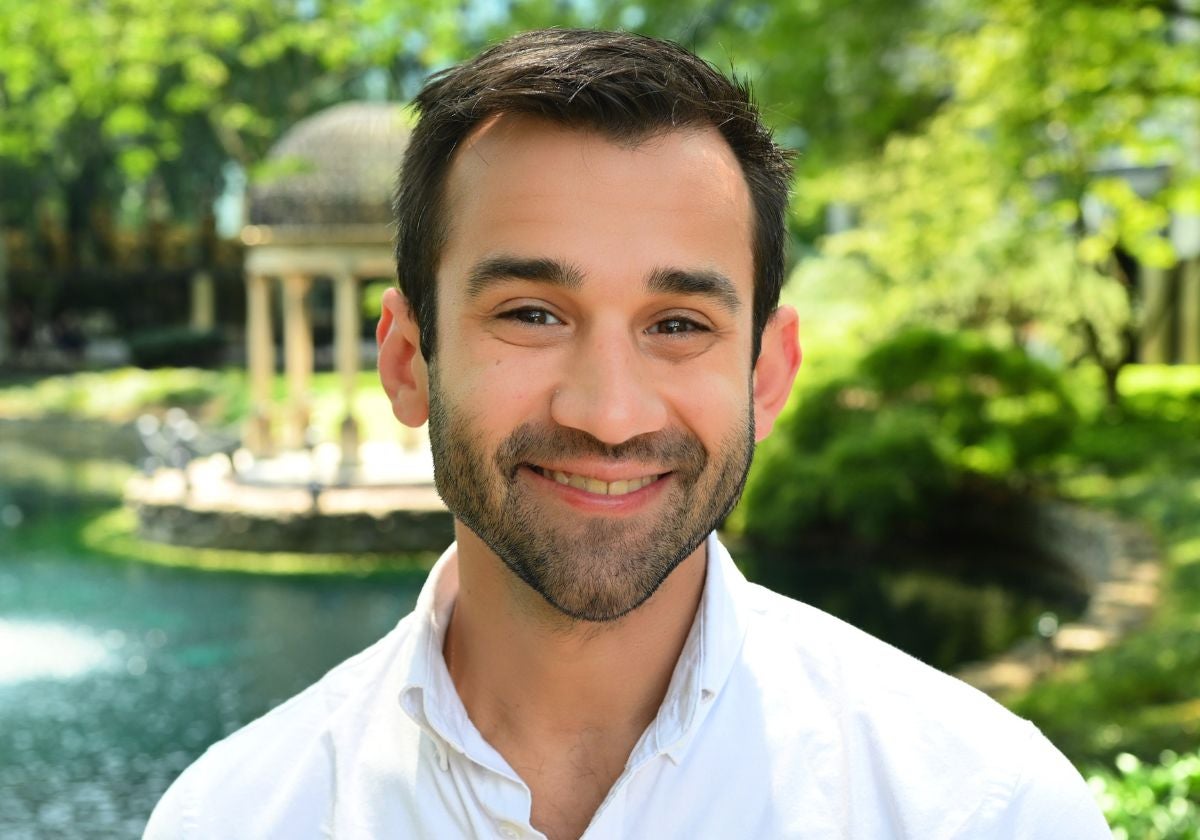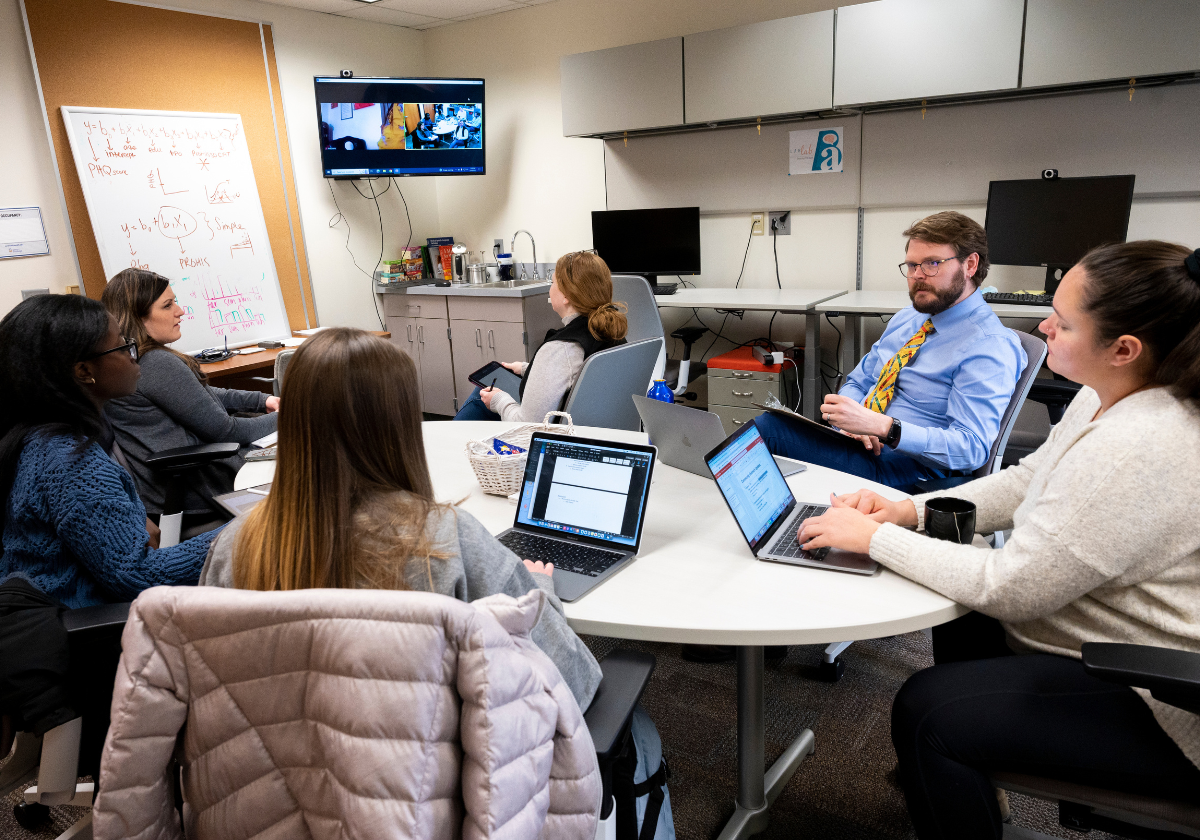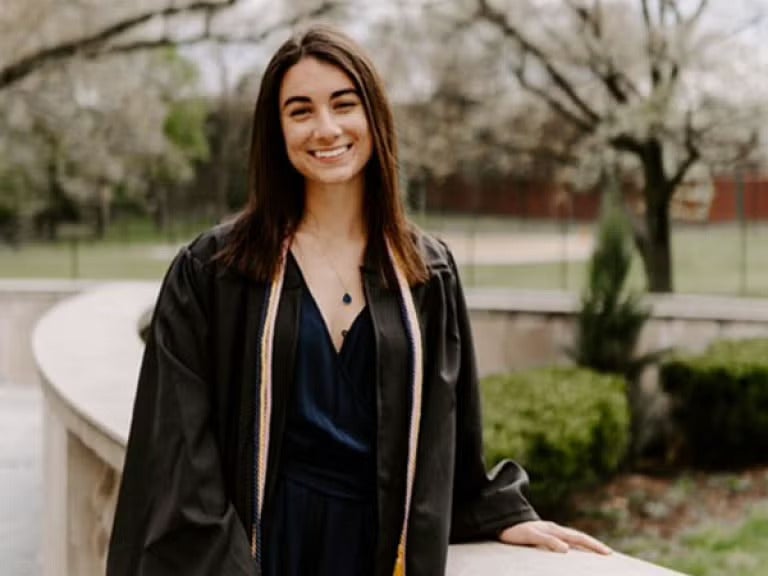
Thoughts on Letters of Recommendation – From Communication Science and Disorders Professor Mark DeRuiter
Program Director and Professor Mark DeRuiter gives his advice on including letters of recommendation in applications to the Department of Communication Science and Disorders.
Read More
The Dietitian Nutritionist Team That Fuels Pitt Student-Athletes
In 2016, an important collaboration was built between the School of Health and Rehabilitation Sciences (SHRS) Dietitian Nutritionist (DN) program and Pitt Athletics, fostering a meaningful partnership for DN students and student-athletes alike.
Read More
Meet Aaron Roman: Pitt’s New Audiology Program Director
Aaron Roman is returning to Pitt as the program director of the Doctor of Audiology program.
Read More
An International Student Studies Clinical Mental Health Counseling (MS) to Support Children and Families
When it was time to go to college, my family and I decided that I would study abroad here in the United States. The University of Pittsburgh was a great match for me.
Read More
Finding Language and Friendship through the Aphasia Support Group
The Aphasia Support Group was founded by SHRS faculty as a space to build community and provide social interaction for this population.
Read More
Rehabilitation Psychology Course Opens Doors for Mental Health Clinical Mental Health Counseling (MS) Students
Bridget Hogue outlines her experience in the rehabilitation psychology course, and how it led to her to join the Clinical Mental Health Counseling program at SHRS.
Read More

